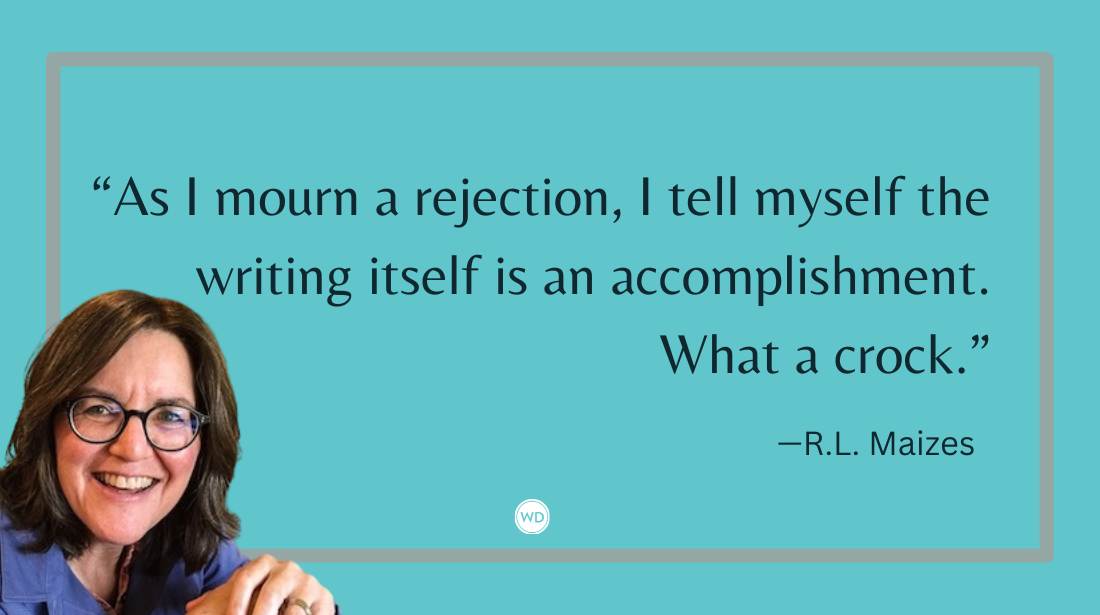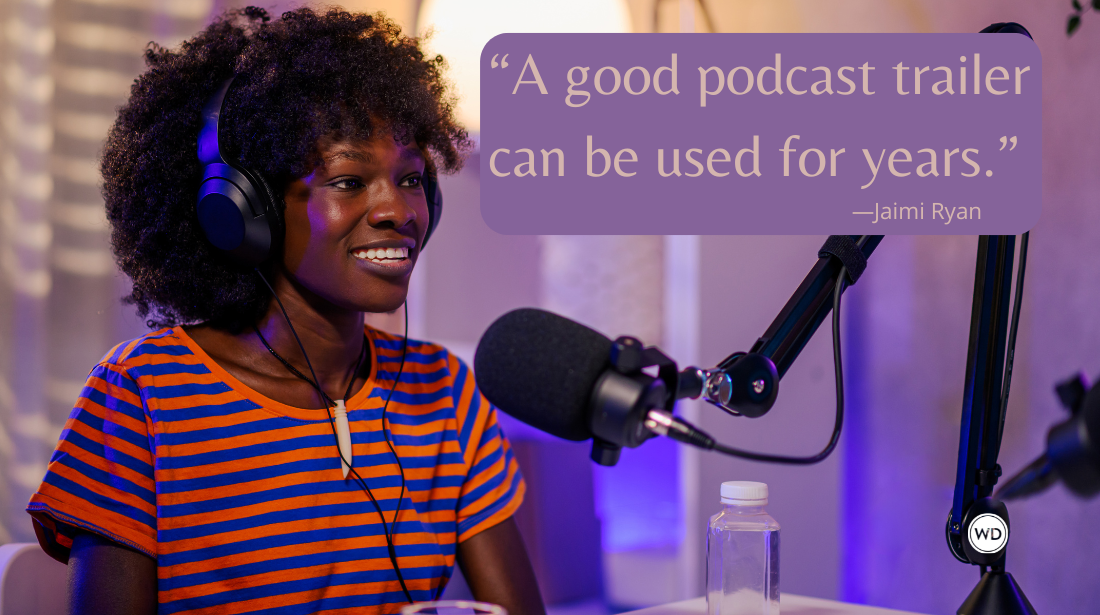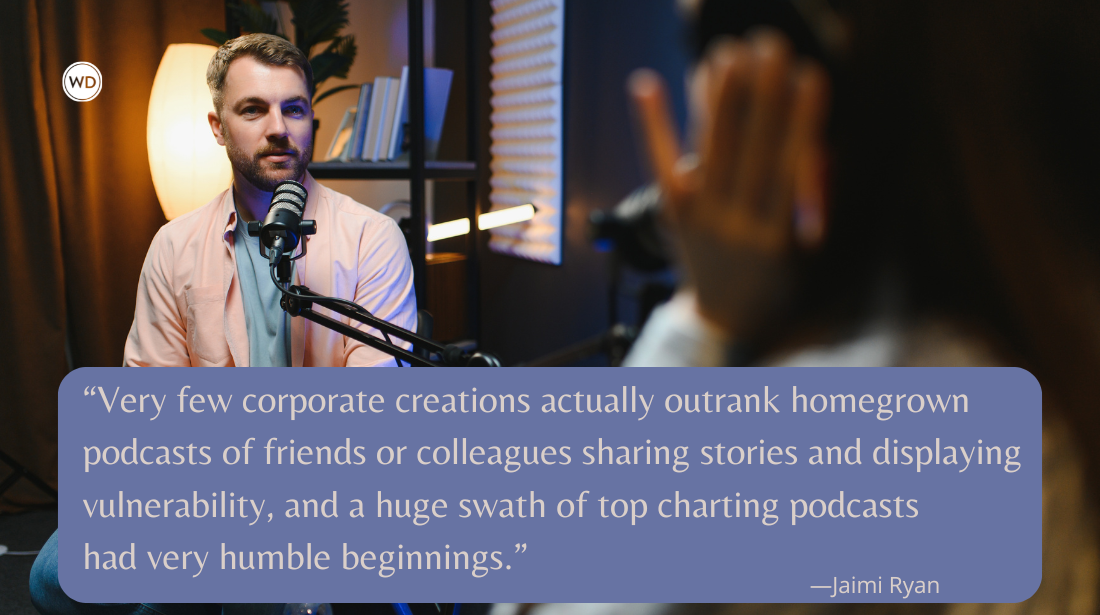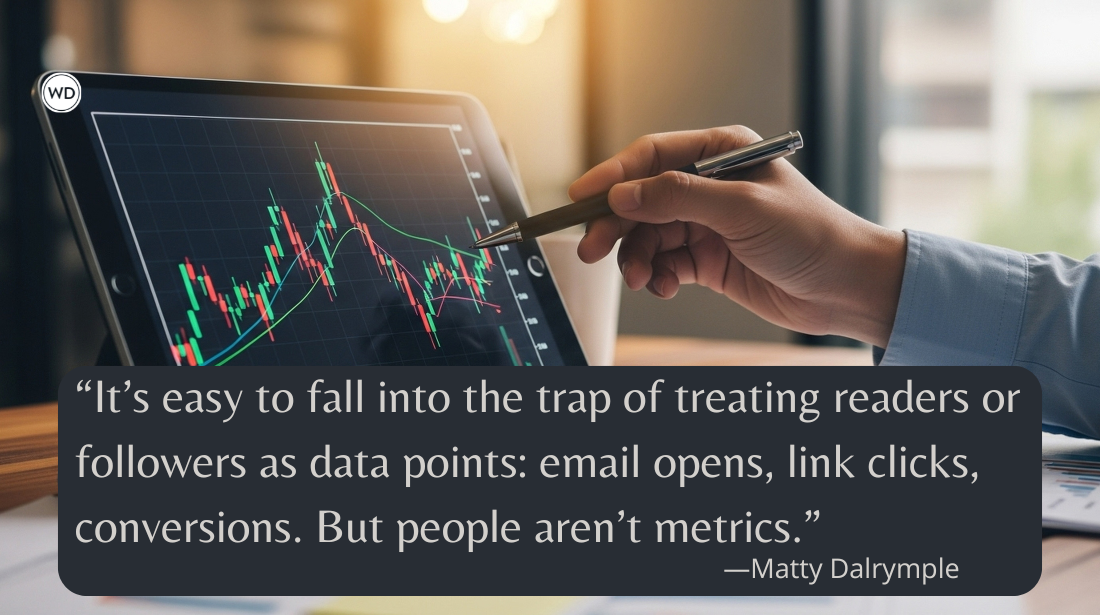What Does Future Hold for Writers? Predictions for 2010-2020
Predictions are common as a new year begins–especially a new decade. And the publishing industry invites more speculation than ever, given the tremendous transformation underway. Below are the most compelling…
Predictions are common as a new year begins–especially a new decade. And the publishing industry invites more speculation than ever, given the tremendous transformation underway.
Below are the most compelling predictions I found (that I agree with). At the end of this post, you'll find links to all major publishing prediction articles, as well as a chart aggregating the predictions. (My favorite prediction list overall is from Bob Miller at HarperStudio.) All material is quoted directly from the articles.
If you're looking for practical tools and resources to help you confront these issues—either as a publisher, author, or agent—I encourage you to register for F+W Media's Digital Book World (January 26-27), which focuses on solutions for survival in a changing landscape.
The rise of the independent, as I expect more individual authors and small presses will be able to take advantage of the digital format to sell direct to the consumer, make a healthy living doing so and take advantage of the platform to provide more (and more unfiltered) coverage of a broader range of content, including niche and emerging topics. Just as apps have liberated bedroom coders, so too will the preponderance of ways to connect directly with readers, build a healthy fan base and enjoy higher profit margins doing so compel legions of aspiring authors to finally put pen (or is that stylus?) to (digital) paper and permanently blur the lines between amateurs and professionals. While they'll still have a place in the industry, I suspect by that point, most agents will be, shall we say, a good less relevant than they've become accustomed to in the past.
Long-form text-only narrative will continue to thrive as it has since cavemen gathered around the fire, just as painting has thrived since Lascaux. The advent of more and richer iterations of multimodal entertainment and edification will not kill off others (either multi or single mode) in the future, just as they did not in the past, though they certainly will kill businesses with an overdeveloped sense of entitlement based on past success in a given mode.
Digital First/Print Maybe Deals Will Give Authors Leverage: Not only will traditional publishers enter into more ebook-first deals, but more digital publishing houses will emerge, across all genres. Because the latter will naturally start from a position of higher royalties, traditional publishers will have to up the ante as well. Right now, the trend is to decrease digital royalties, but when publishers ask authors to take new kinds of risks, publishers have to be willing to make it worthwhile for the author. Especially in a world where playing field is increasingly level.
Trend: [Publishers] will continue to focus more resources on fewer titles, using their strengths as large-scale marketers and distributors to publish brand-names. Title count at the largest houses could drop by as much as fifty percent over the next five years. Counter trend: At the same time, self-publishing (including partnerships like the one announced recently between Author Solutions and Harlequin) will grow exponentially.
Trend: Title reduction will be most significant for new talent, with the largest houses entrusting support of new authors to a handful of editorial imprints. The editors at those imprints-editors with proven ability to choose new material successfully-will increase in value. Counter trend: Editors whose job is to handle existing talent will find their roles diminished.
Trend: As the initial sale becomes less of the focus for authors, the agent of the future will become more of a business manager who handles every aspect of an author's career, overseeing the author's online presence, developing sources of revenue outside of book sales such as workshops and lecture tours, and acting as the author's publicist in between publications. Counter trend: Publishers will create free-standing departments whose services can be purchased a la carte by authors, whether that author is self-published or published by a competitor who doesn't offer such services.
Thanks to digital, there is no minimum length for a book anymore. Ebooks that are too short to be print books will become a real factor in ebook sales, opening up new opportunities for publishers but even more for authors. Short fiction is already well established in the romance genre and some major publishers have broken out stories from anthologies as separate items to be sold on Kindle. In 2010, authors and agents will discover that shorter-than-a-book works can be the subject of useful experimentation and learning through electronic publishing and, by the end of the year, it will become a frequently-employed device. Periodical media (newspapers and magazines) will also see this paid delivery mechanism as an alternative worth experimentation for them as well. After all, if a big publisher can unbundle a short story anthology to sell the individual stories as Kindle editons, why couldn’t The New Yorker sell the short fiction it publishes that way as well? This concept has been tipped by the announcement in 2009 than the web site Daily Beast will be delivering shorter books in a timely manner through electronic distribution.
Links to publishing prediction articles
More Book Publishing Predictions from Bob Miller, HarperStudio
Booksquare's Kassia Krozser
Personanondata (Michael Cairns): Predictions 2010: Cloudy With A Chance of Alarm
The History of Publishing 2010-2010, from FictionMatters (in 7 parts), link to part 1
GalleyCat series: Book Publishing 10 Years in the Future
And finally, a nice chart to organize all the predictions!
Table of various predictions for publishing in 2010
Jane Friedman is a full-time entrepreneur (since 2014) and has 20 years of experience in the publishing industry. She is the co-founder of The Hot Sheet, the essential publishing industry newsletter for authors, and is the former publisher of Writer’s Digest. In addition to being a columnist with Publishers Weekly and a professor with The Great Courses, Jane maintains an award-winning blog for writers at JaneFriedman.com. Jane’s newest book is The Business of Being a Writer (University of Chicago Press, 2018).









